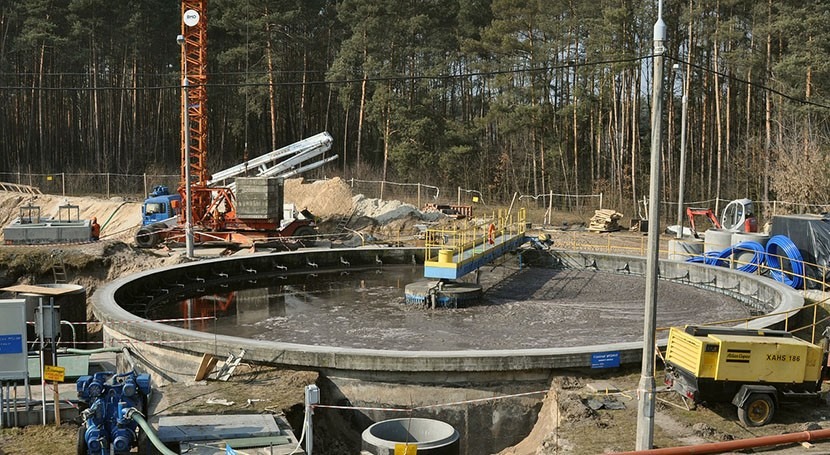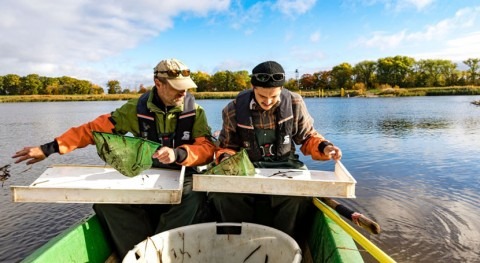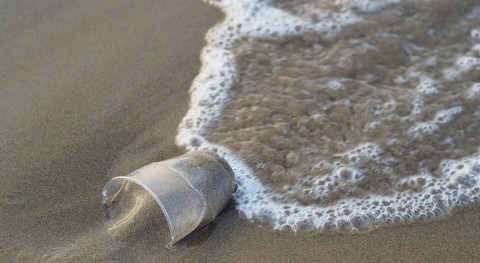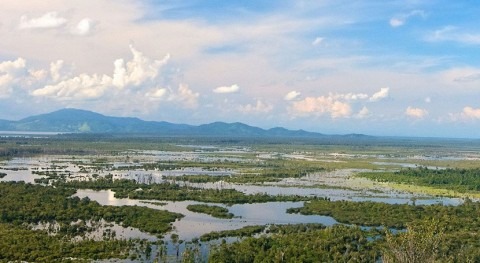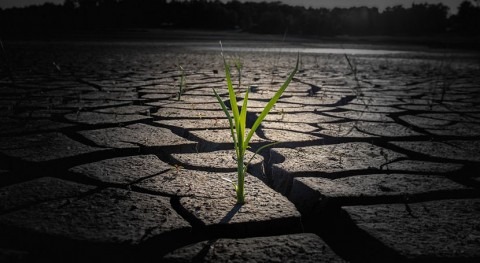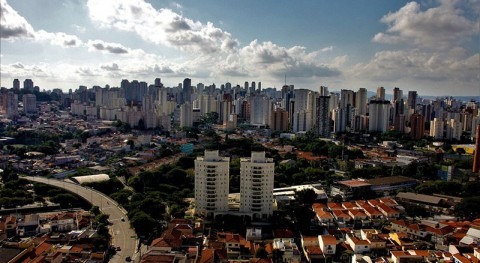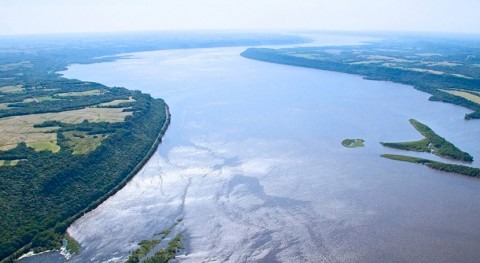Wastewater is a growing health and environmental threat, accounting for almost as much planet-warming emissions as the aviation industry. Yet with the right policies, wastewater could provide alternative energy to half a billion people, supply over 10 times the water provided by current global desalination capacity and offset over 10 per cent of global fertilizer use. These findings appear in an analysis published today by the UN Environment Programme (UNEP) and GRID-Arendal with the Global Wastewater Initiative (GWWI).
The report, Wastewater. Turning problem to solution, urges governments and businesses to treat wastewater as a circular economy opportunity, rather than a problem to be disposed of. There are multiple benefits for effectively collecting, treating, and reusing wastewater – including new jobs and revenue streams. Additional advantages would result from reducing the volume of wastewater produced.
Today, only 11 per cent of the world’s treated wastewater is reused and around half of the world’s untreated wastewater still enters rivers, lakes, and seas. To safely fulfill the potential of wastewater as a valuable resource, the report calls to:
- Reduce the volume of wastewater being produced.
- Prevent and reduce contamination.
- Manage wastewater to capture the resources that can be safely reused.
“Globally, wastewater is full of potential, yet it is currently allowed instead to contaminate the ecosystems we rely on,” said Leticia Carvalho, Principal Coordinator of the Marine and Freshwater Branch of UNEP. “We must not let the opportunity simply disappear down the drain: it’s time to realize the promise of wastewater as an alternative source of clean water, energy, and important nutrients.”
The global water crisis is made worse by wastewater, which originates from kitchens, bathrooms and toilets, industrial effluent, agricultural effluent, stormwater, and urban run-off. Chemicals and excessive nutrients in wastewater degrade ecosystems, including soil, freshwater sources and oceans, contributing to food insecurity and other social issues.
Through the release of potent greenhouse gases such as methane and nitrous oxide, wastewater accounts for about 1.57 per cent of global emissions, just below the climate harm caused by the global aviation industry.
Wastewater could provide alternative energy to half a billion people, supply over 10 times the water provided by current global desalination capacity and offset over 10 per cent of global fertilizer use
Yet wastewater can become a climate solution: in generating biogas, heat and electricity, it can produce about five times more energy than is required for its treatment – enough to provide electricity for around half a billion people per year. By reducing water insecurity, good management of wastewater can also support countries’ efforts to adapt to climate change.
Reusing nitrogen, phosphorous and potassium from wastewater would also help reduce dependence on synthetic fertilizers, offsetting 13.4 per cent of the global agricultural nutrient demand.
Proper management of wastewater also has the potential to irrigate around 40 million hectares – an area equal to almost the size of Paraguay.
There are additional resources that can be recovered from wastewater, which are already benefitting various industries, including raw material for producing paper, polymers, pesticides, rubber, paint, biodiesel, food preservatives and flavors, fireproofing and waterproofing fabrics, medical products, jewelry, and packaging of food, hygiene, and other products.
Improving water management and reuse is a complex challenge. Yet countries worldwide have experience to build on and scale up, and solutions may be adapted for different socio-environmental contexts. The report highlights examples of successful wastewater management from both high- and low-income countries, including in the Caribbean, China, Colombia, Denmark, Egypt, Germany, India, Israel, Namibia, Senegal, Sweden, Singapore, the Solomon Islands and Tunisia.
“We need to keep the pressure up to improve some critical underlying conditions if these actions are to succeed" says Peter Harris, Director of GRID-Arendal. "For that to happen, we need more effective governance, investment, supporting innovation, strengthening data, improving capacity to implement and – critically shifting our behaviour – all of us as individuals and institutions".


